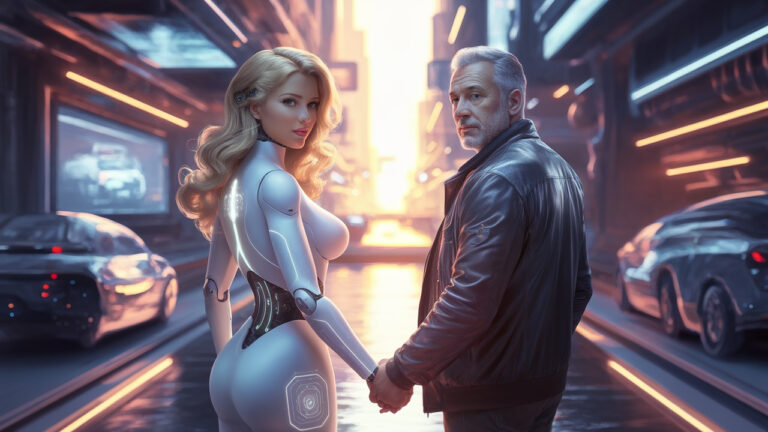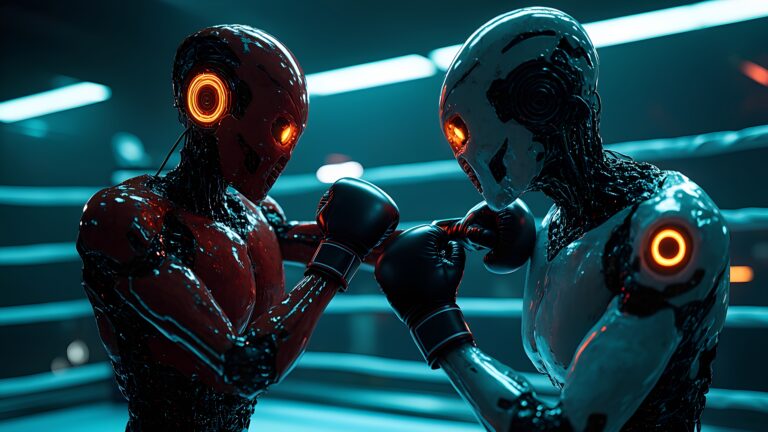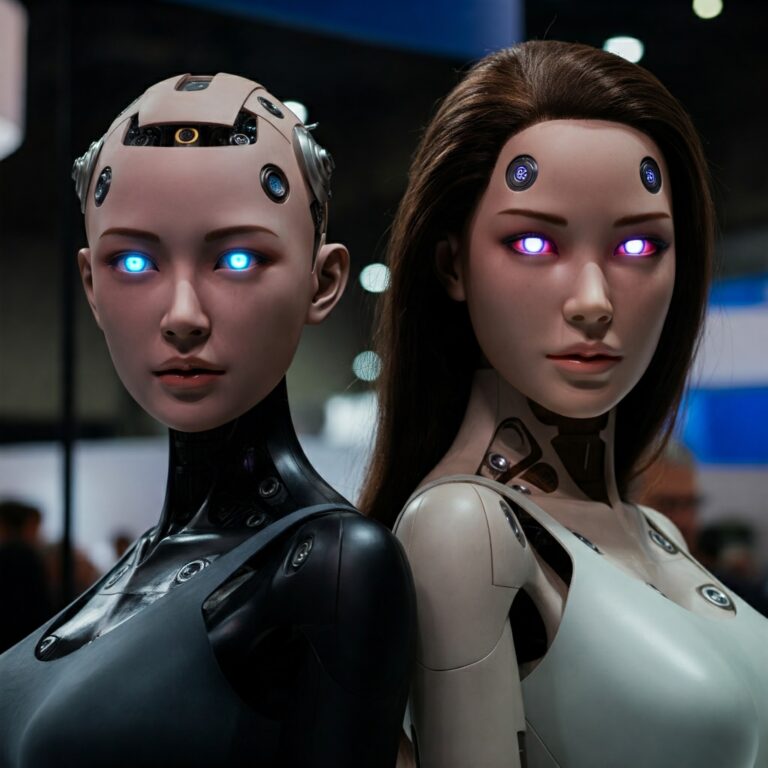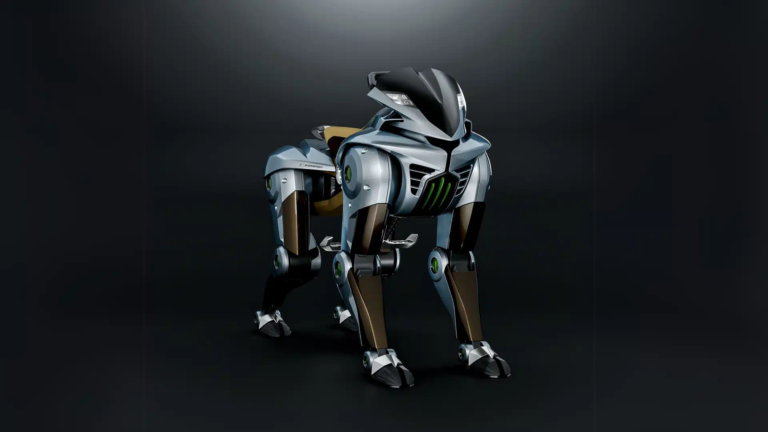Forget science fiction; the AI revolution is here, and it’s transforming our world faster than most people realize. This isn’t just about cool gadgets; it’s about a fundamental shift in how our economy and society function. Are you prepared for the changes coming your way?
The Rise of the Machines:
AI is already impacting every aspect of our lives. From the algorithms that curate your social media feeds to the chatbots answering your customer service calls, AI is quietly becoming ubiquitous. And this is just the beginning.
Jobs on the Line:
Experts predict millions of jobs will be lost to automation in the coming years. Here are just a few sectors facing major disruption:
- Transportation: Self-driving cars and trucks are no longer a futuristic fantasy. Companies like Tesla and Waymo are investing billions in this technology, with predictions that robo-taxis could be commonplace by 2026. What will happen to the millions of truck drivers, taxi drivers, and delivery drivers when their jobs are automated?
- Retail and Manufacturing: Amazon’s robot-powered warehouses are a prime example of how AI is changing the face of retail. Robots are increasingly taking over tasks like sorting, packing, and even customer service. In manufacturing, AI-powered robots are automating complex assembly lines and even 3D printing entire products.
- Healthcare: Even healthcare, a field traditionally considered immune to automation, is feeling the impact. Robotic surgery, AI-powered diagnostics, and automated patient care are becoming increasingly common.
The Skills Gap:
The AI revolution is creating a widening skills gap. While AI-related jobs are booming, many people are being left behind with skills that are rapidly becoming obsolete. The World Economic Forum estimates that 50% of all employees will need reskilling by 2025 to stay relevant in this changing job market.
What Can You Do?
The future belongs to those who can adapt. Here are some key takeaways:
- Embrace lifelong learning: Continuously update your skills and knowledge to stay ahead of the curve.
- Focus on uniquely human skills: Cultivate skills that AI can’t replicate, such as critical thinking, creativity, communication, and emotional intelligence.
- Demand ethical AI development: Ensure that AI is used for the benefit of all, not just a privileged few.
- Prepare for a changing economy: Consider the potential need for safety nets like universal basic income to support those displaced by automation.
The AI revolution is not just a technological challenge; it’s a societal one. We need to have honest conversations about the potential impacts of AI on our lives and work together to ensure a future where everyone benefits.






